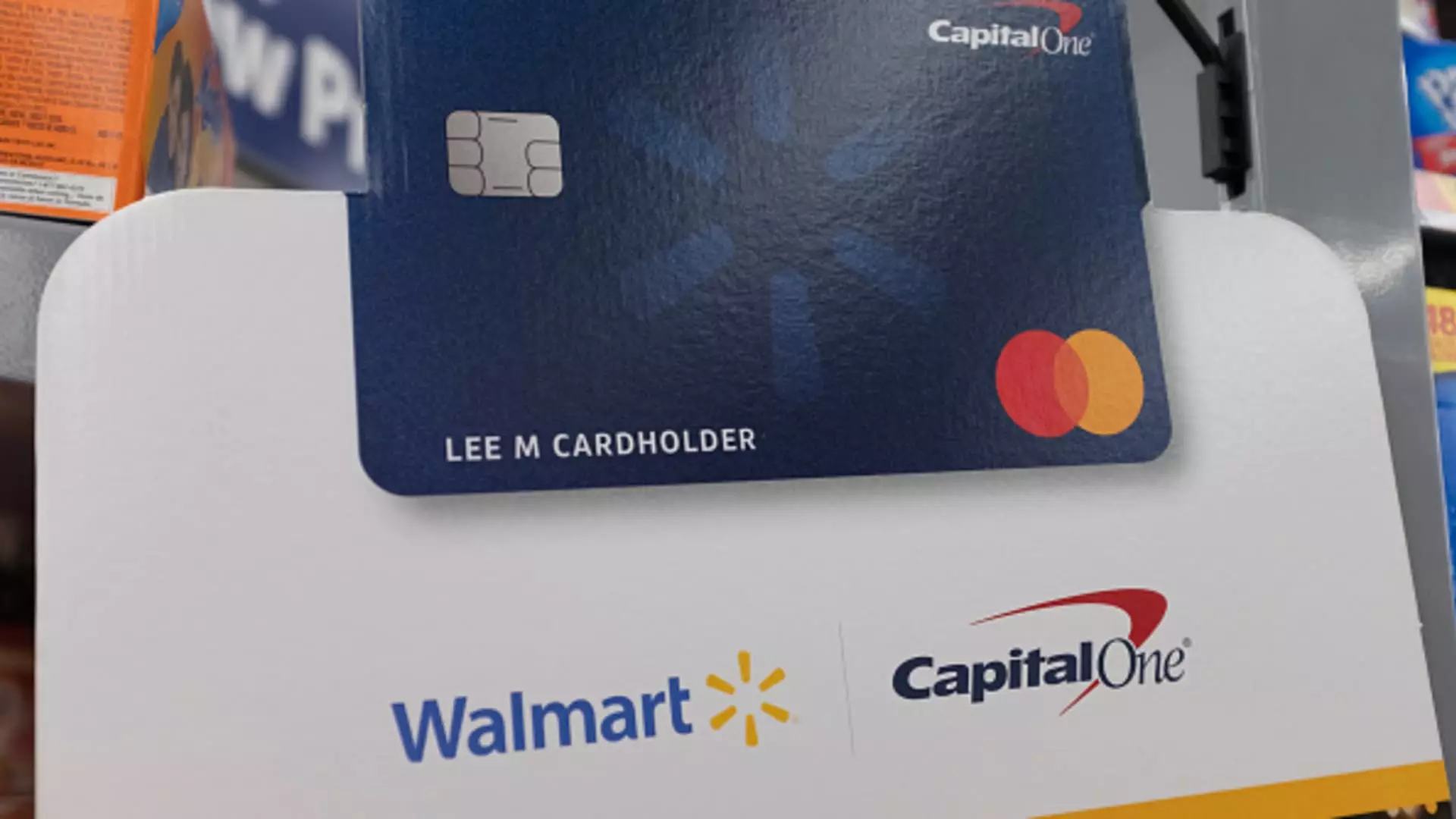Walmart’s recent announcement of launching its own line of credit cards through its fintech subsidiary OnePay comes with significant implications. By partnering with Synchrony, Walmart is stepping into a territory that has long been dominated by banking giants, albeit under its own terms. This move represents a decisive pivot for the retail behemoth, signaling a desire to not only increase its foothold in the financial services sector but also to redefine the customer shopping experience. However, one must wonder if this leap into consumer finance is a strong strategic play or a potential miscalculation that might backfire.
Questionable Partnerships and Competition
The decision to end its partnership with Capital One has raised eyebrows. Having had a profitable relationship with Capital One since 2018, Walmart’s decision to sever ties after a lawsuit reveals underlying strategic tensions. While Walmart claims to be seeking greater autonomy for its distribution of financial services, one can’t overlook the fact that this move could alienate established players that already have systems in place. The risk is palpable: will Synchrony be able to deliver what Walmart envisions? Partnerships can be fickle, and if this collaboration fails to meet consumer expectations, the backlash could tarnish Walmart’s reputation.
Targeting the Underserved: An Ambitious Dream
One of OnePay’s key initiatives is to cater to Americans traditionally overlooked by conventional banks. In an environment where financial exclusion remains an issue, Walmart’s entry into this arena is commendable, yet it raises ethical questions. Are they genuinely seeking to uplift financially marginalized communities, or is this merely a marketing strategy for corporate gain? The idea of offering simple credit options, like the store card for those who may not qualify for a conventional credit card, seems well-intended but carries its own risks. Is Walmart becoming a savior or just another predator in the economic jungle?
Consumer Experience Versus Corporate Profit
CEO Omer Ismail’s promise of a “transparent, rewarding, and easy to use” experience rings hollow when viewed through a critical lens. Financial products often come with hidden fees and complex terms that obscure true costs to consumers. As OnePay rolls out its new credit card offerings, it remains to be seen whether those promises will be kept. Consumers, particularly those seeking financial stability, deserve clarity, but karma might have its own say if this venture prioritizes profit margins over genuine consumer well-being.
The Stakes are Higher than Ever
Walmart’s venture into the credit card space is undeniably ambitious. The dual offerings of a general-purpose card and a store-specific card show a willingness to cater to varying consumer needs. However, as technology evolves so do consumer expectations. If OnePay fails to keep pace, the fallout could significantly damage both Walmart’s reputation and its financial goals. It’s a high-risk gambit that could solidify Walmart’s role in reshaping financial services or lead to corporate embarrassment if the execution falters. With millions of customers at stake, Walmart is not just betting on its fintech future; it’s staking its brand legacy on this credit card venture.

